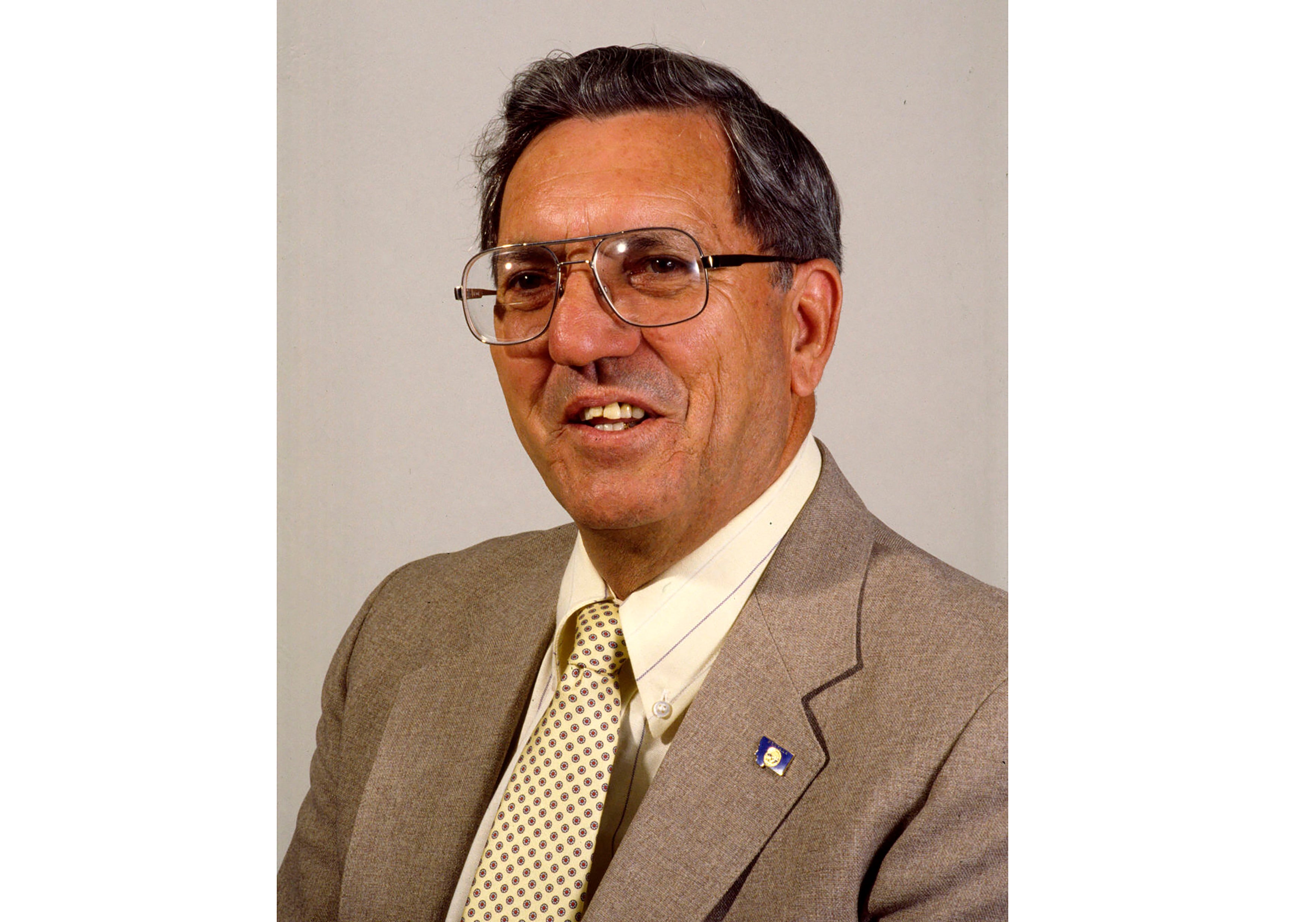Ted Schwinden, who served two terms as Montana governor, dies at age 98
Former Montana Gov. Ted Schwinden, a wheat farmer and Word War II veteran who gained national attention for keeping his home phone number listed during his two terms in office, has died

Your support helps us to tell the story
From reproductive rights to climate change to Big Tech, The Independent is on the ground when the story is developing. Whether it's investigating the financials of Elon Musk's pro-Trump PAC or producing our latest documentary, 'The A Word', which shines a light on the American women fighting for reproductive rights, we know how important it is to parse out the facts from the messaging.
At such a critical moment in US history, we need reporters on the ground. Your donation allows us to keep sending journalists to speak to both sides of the story.
The Independent is trusted by Americans across the entire political spectrum. And unlike many other quality news outlets, we choose not to lock Americans out of our reporting and analysis with paywalls. We believe quality journalism should be available to everyone, paid for by those who can afford it.
Your support makes all the difference.Ted Schwinden, a wheat farmer and Word War II veteran who gained national attention for keeping his home phone number listed during two terms as Montana's governor, has died. He was 98.
Schwinden died Saturday in Phoenix at his daughter's home, son Dore Schwinden said Monday. The cause of death was “old age," his son said: “He went to sleep in the afternoon and didn’t wake up.”
Ted Schwinden was a Democrat who served as Montana’s 19th governor from 1981 and 1989.
He and his wife, Jean, opened the governor’s mansion to the public for the first time and often welcomed the public tours in person.
The governor periodically drew national attention because he answered his own, listed telephone. Radio talk shows throughout the nation would call him at home for impromptu interviews.
“When Ted was on the phone, it was impossible to tell if he was talking to the governor of Oregon or a custodian at the Capitol. Every caller warranted his respect and full attention,” his children wrote in Schwinden’s obituary.
Schwinden was born Aug. 31, 1925, on his family's farm in Wolf Point on the Fort Peck Indian Reservation. After graduating as high school valedictorian, he enlisted in the U.S. Army and served in Europe and the Pacific.
Returning home he married Jean Christianson, whose family had a farm about 5 miles (8 kilometers) from his own. The couple had known each other most of their lives.
Schwinden went to the University of Montana on the G.I Bill and received bachelor's and master's degrees. In the early 1950s the couple returned to the Wolf Point area to help on their family farms after Schwinden's father fell ill.
He served on the local school board then in the state legislature, including as House minority whip in 1961, before becoming president of the Montana Grain Growers Association.
He was named commissioner of state lands and then elected lieutenant governor under Gov. Thomas Judge in 1976. Four years later, saying his boss had “run out of steam” Schwinden successfully challenged Judge in the 1980 Democratic primary before going on to win the general election.
He won a second term in a landslide, with 70% of the vote and then chose not to seek reelection in 1988, saying he wanted to concentrate more on his farm and family and after earlier pledging to serve only two terms. He stayed in Helena but kept returning to the family farm in Wolf Point to help during harvest time until 1998, his son said.
In recent years, Schwinden did volunteer hospice work in Arizona, where he had been living for much of the year, his son said.
Schwinden is survived by three children, six grandchildren and nine great grandchildren. Jean Schwinden died in 2007.
No public funeral services are planned. A private family gathering will be held at a later date, Dore Schwinden said.